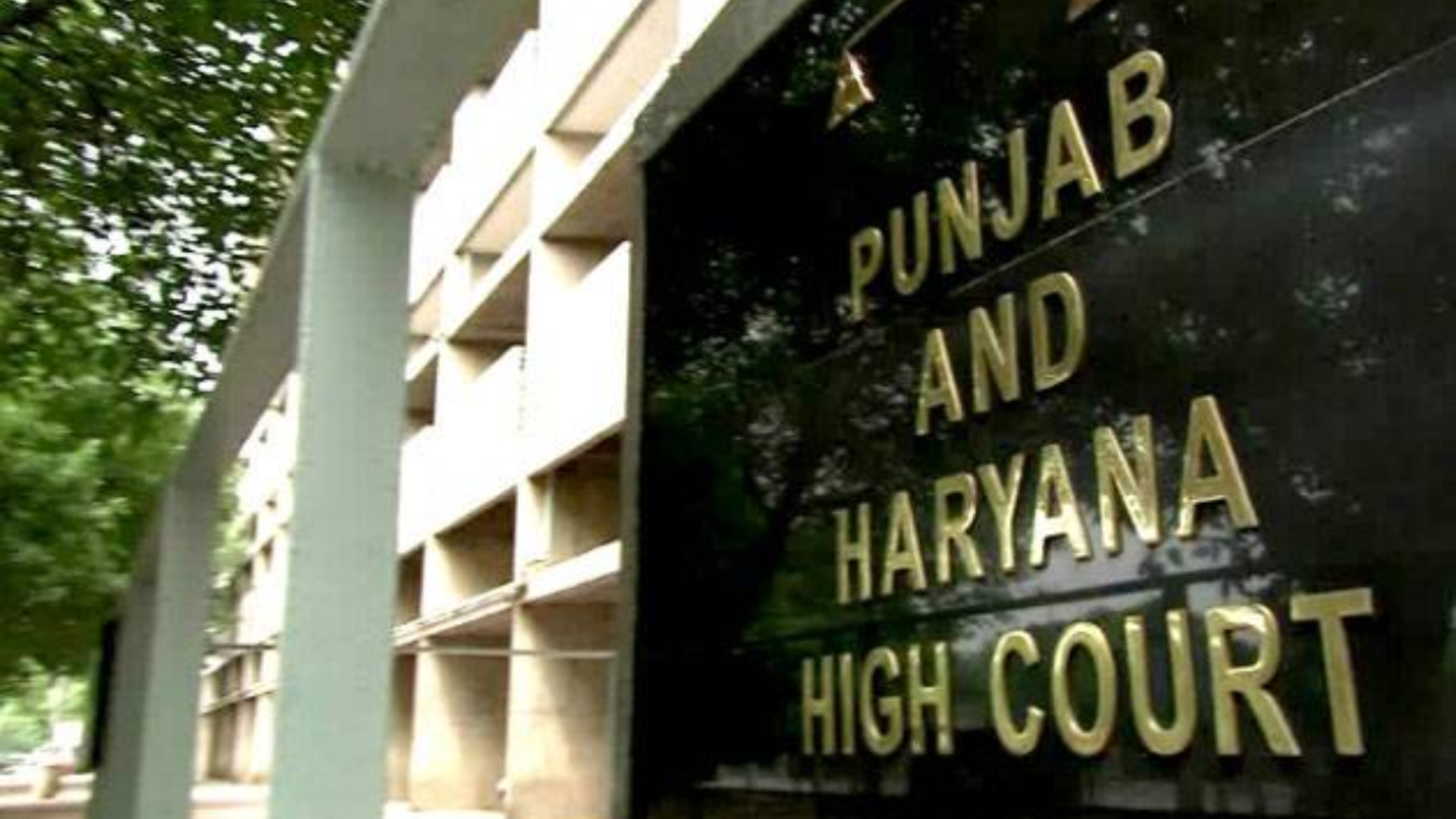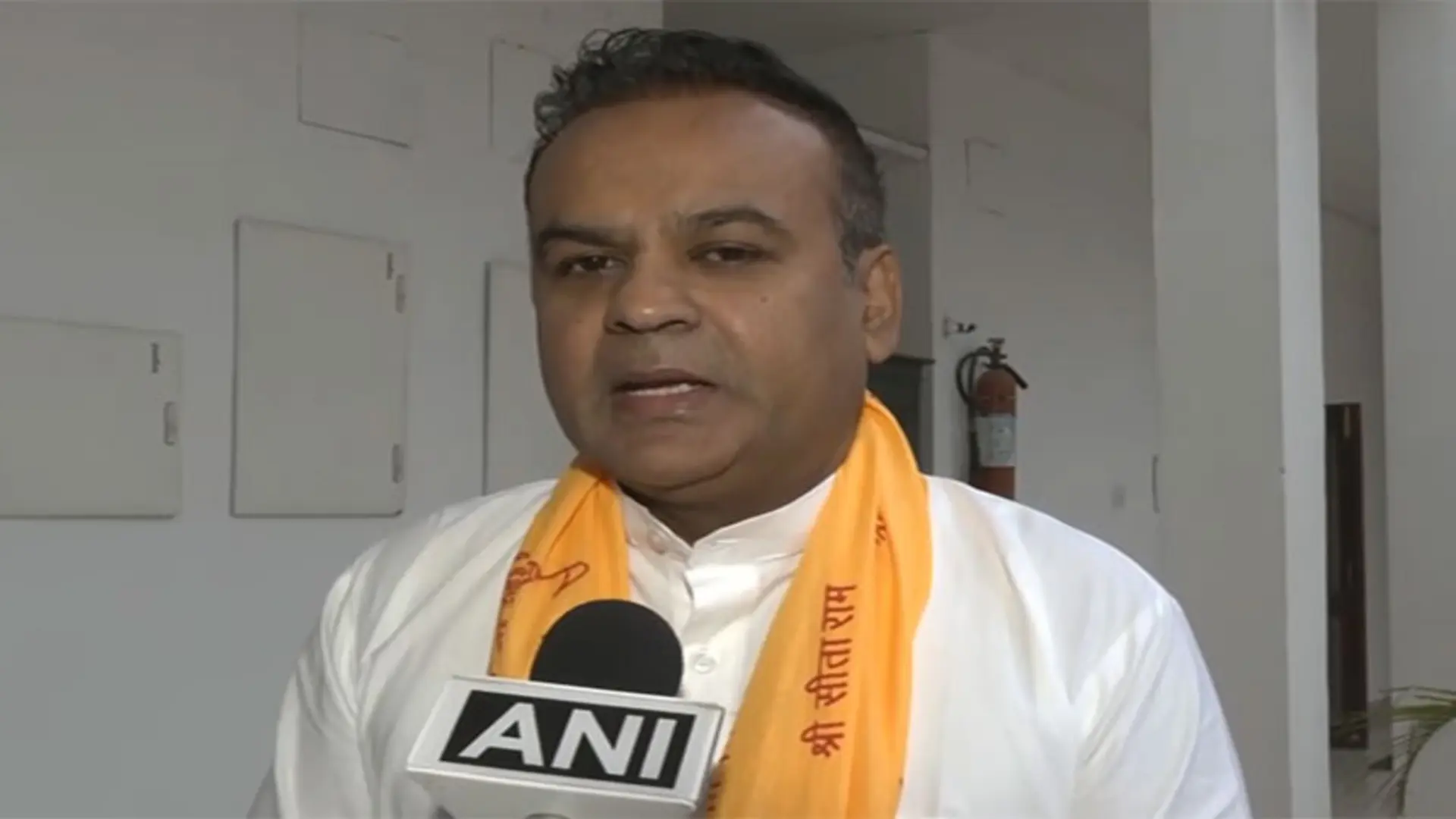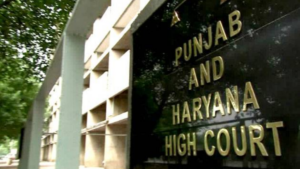The Punjab and Haryana High Court recently made a significant ruling regarding the syllabus of Punjabi language for the Elementary Trained Teacher (ETT) recruitment exam. The court found fault with the syllabus’s scope, noting that it extended beyond language comprehension to encompass cultural, religious, and historical aspects of Punjab.
Court’s Observations
A division bench comprising Justice Sanjeev Prakash Sharma and Sudeepti Sharma observed that the examination’s scope was not limited to language, grammar, and script but included broader cultural themes. This approach, the court stated, could exclude candidates not familiar with Punjab’s specific cultural nuances.
Legal Challenge
The ruling stemmed from a batch of petitions challenging changes made to the syllabus post-advertisement for the ETT post by the Punjab Government. The amended rules required a qualifying test in Punjabi equivalent to Matriculation standards with at least 50% marks, along with a Punjabi language paper in the exam.
Court’s Decision
While upholding the constitutional validity of requiring Punjabi language knowledge for Group ‘C’ posts, the court set aside the syllabus and directed a fresh examination based solely on Punjabi language knowledge. This decision aligns with the Punjabi Official Language (Amendment) Act, 2008.
The court’s ruling ensures a fair and unbiased selection process for ETT candidates, emphasizing language proficiency over broader cultural knowledge. The judgment also underlines the importance of aligning recruitment criteria with legal frameworks to promote inclusivity and fairness.












